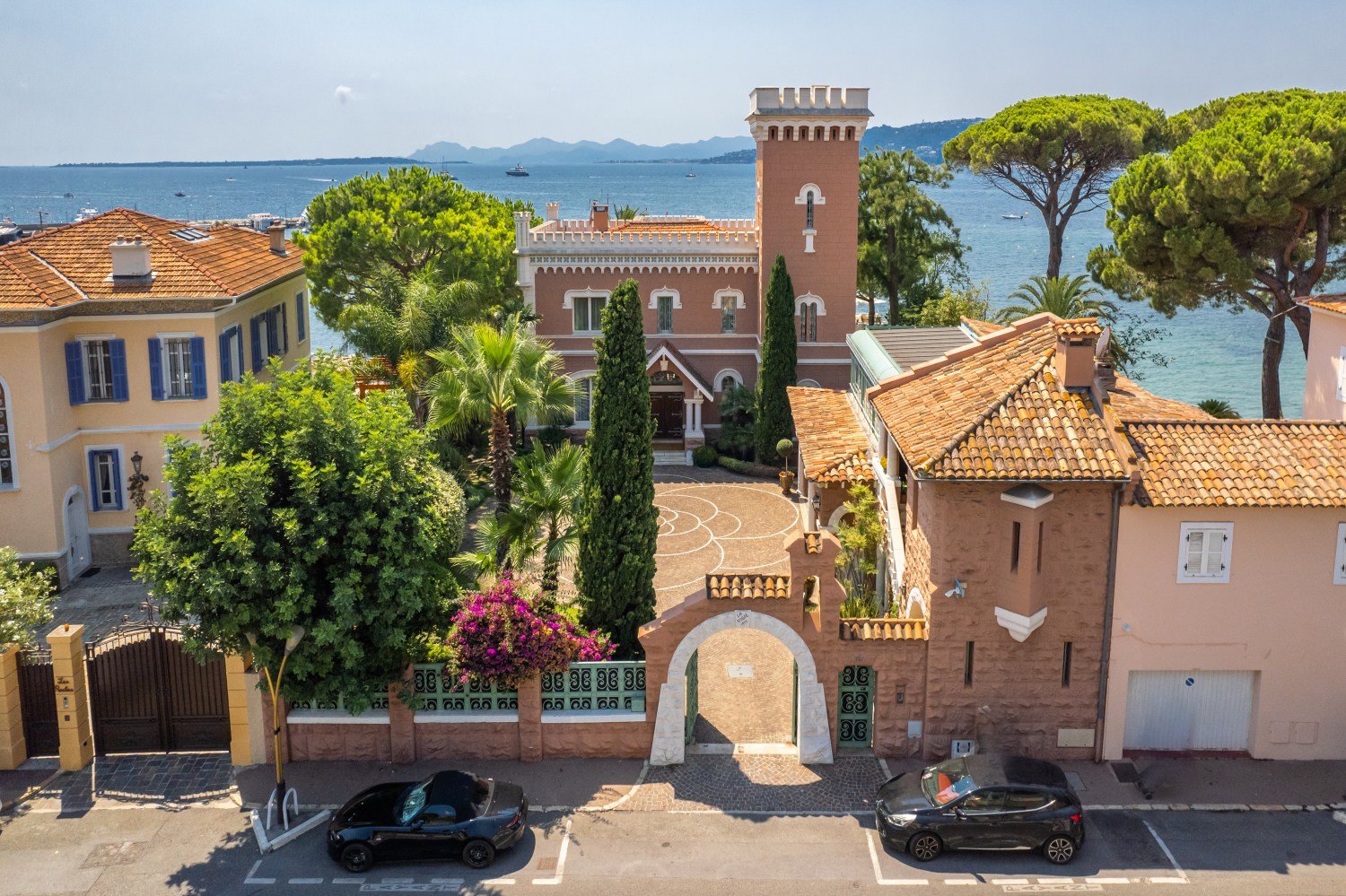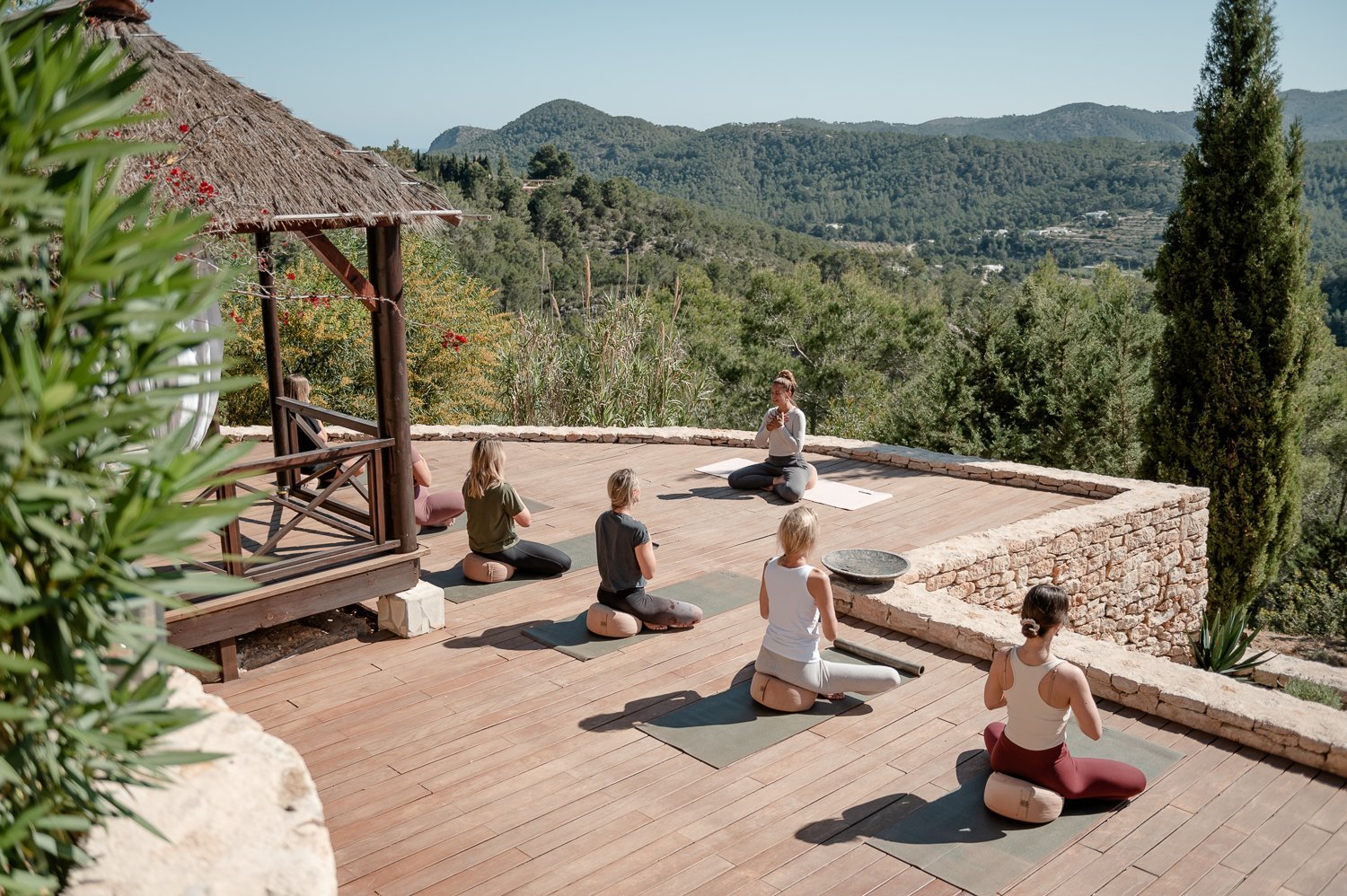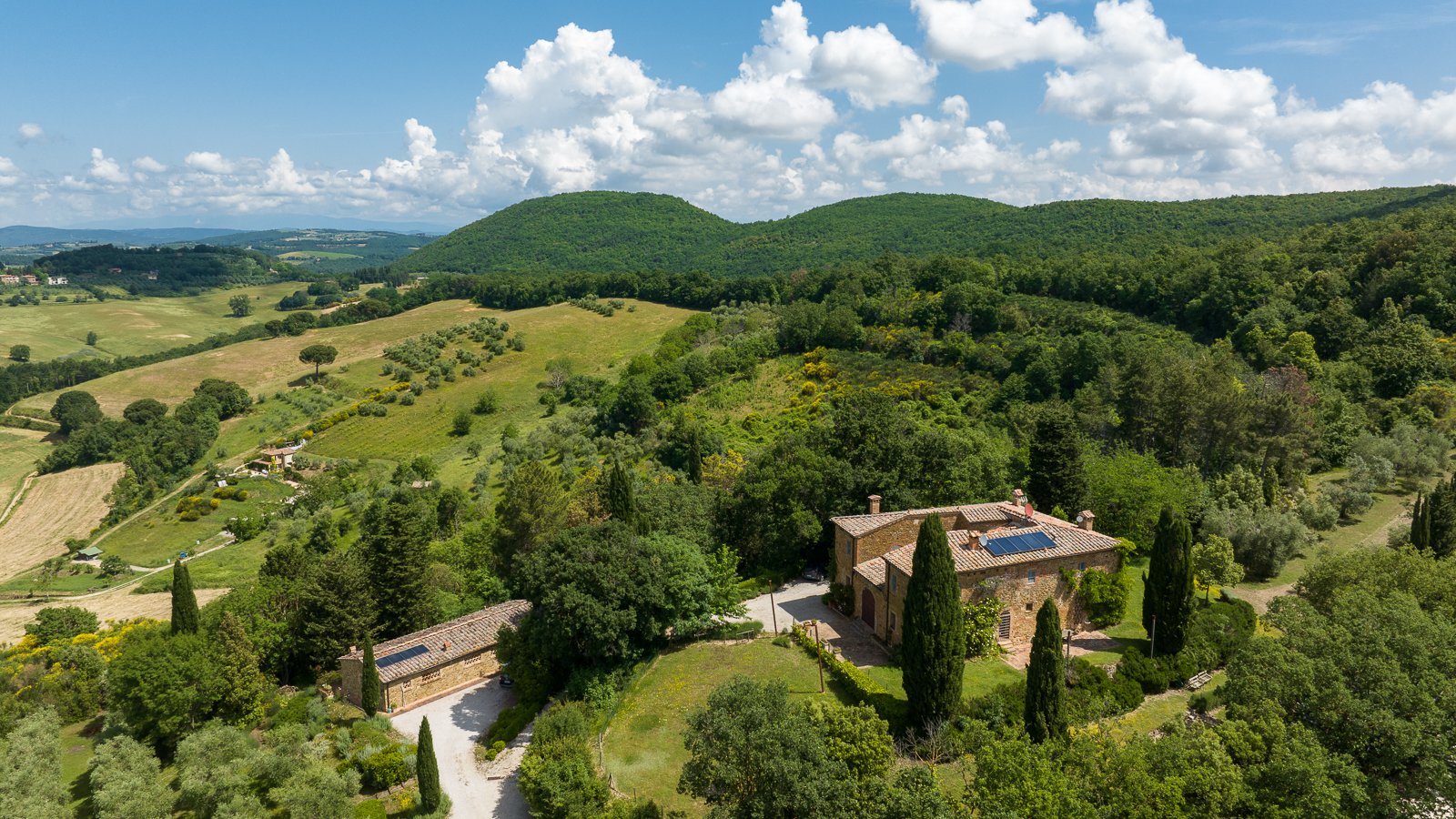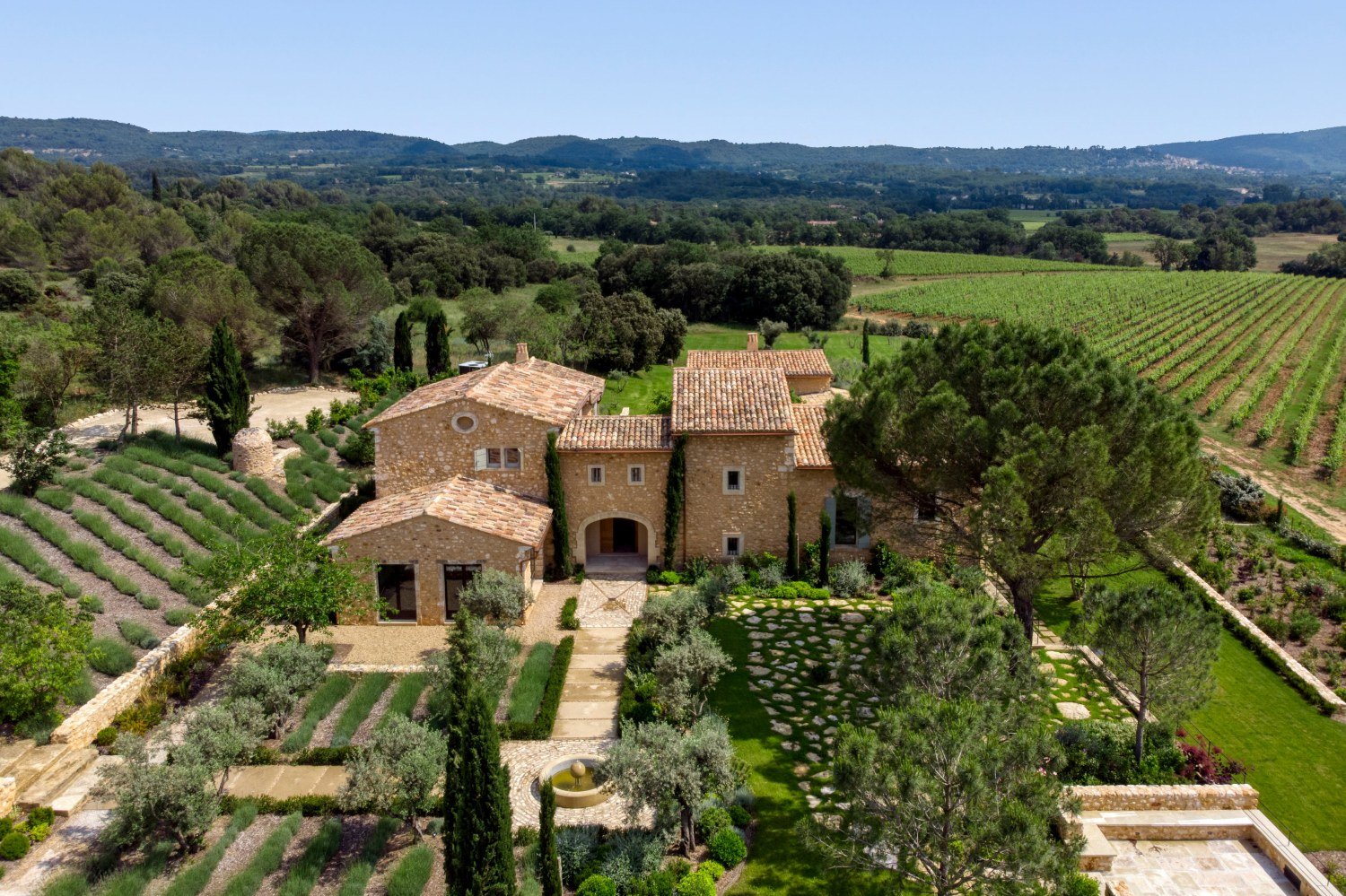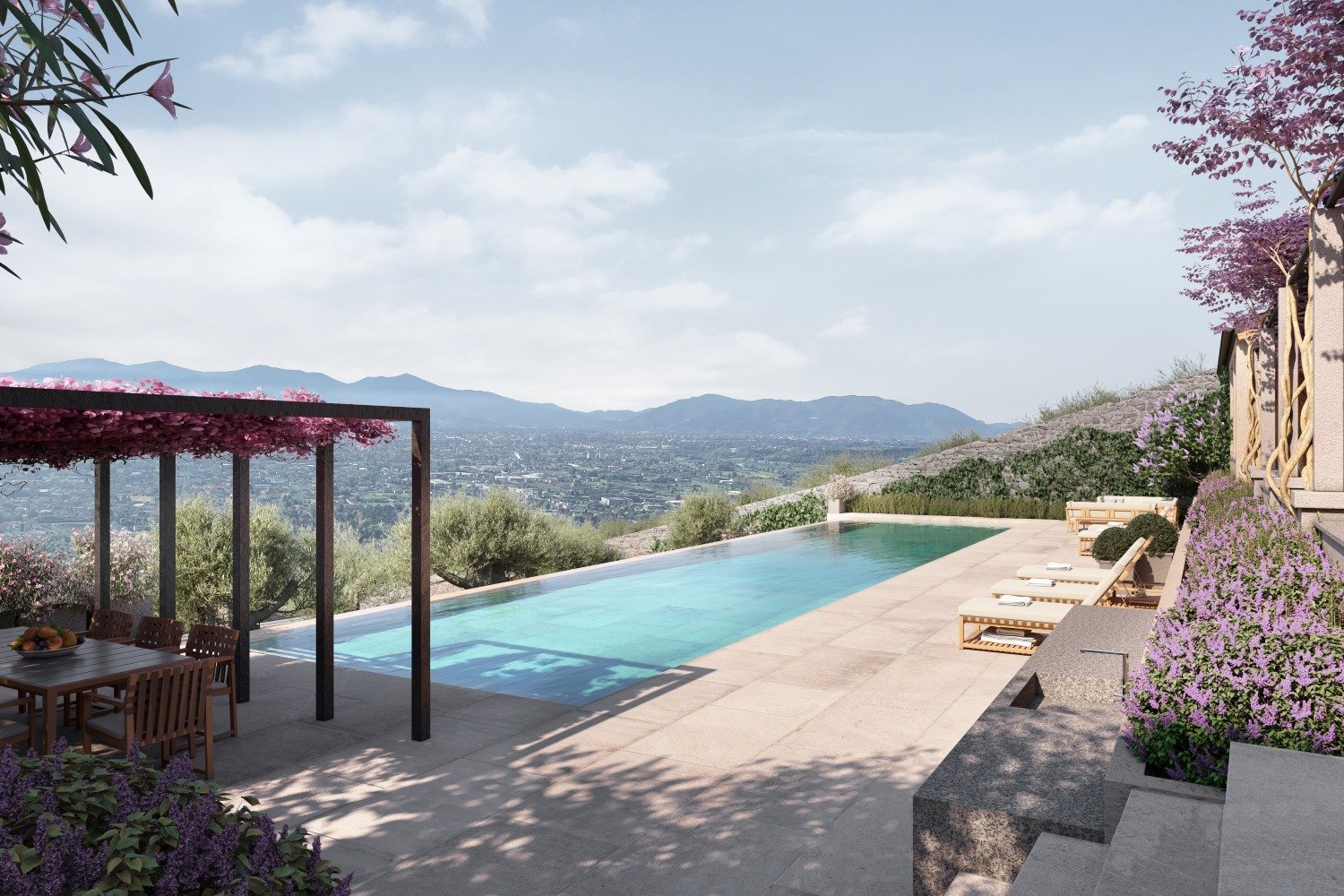How to buy a rural home in Europe
Mark Harvey, Head of International Residential, outlines what to keep in mind for those planning to buy a property abroad
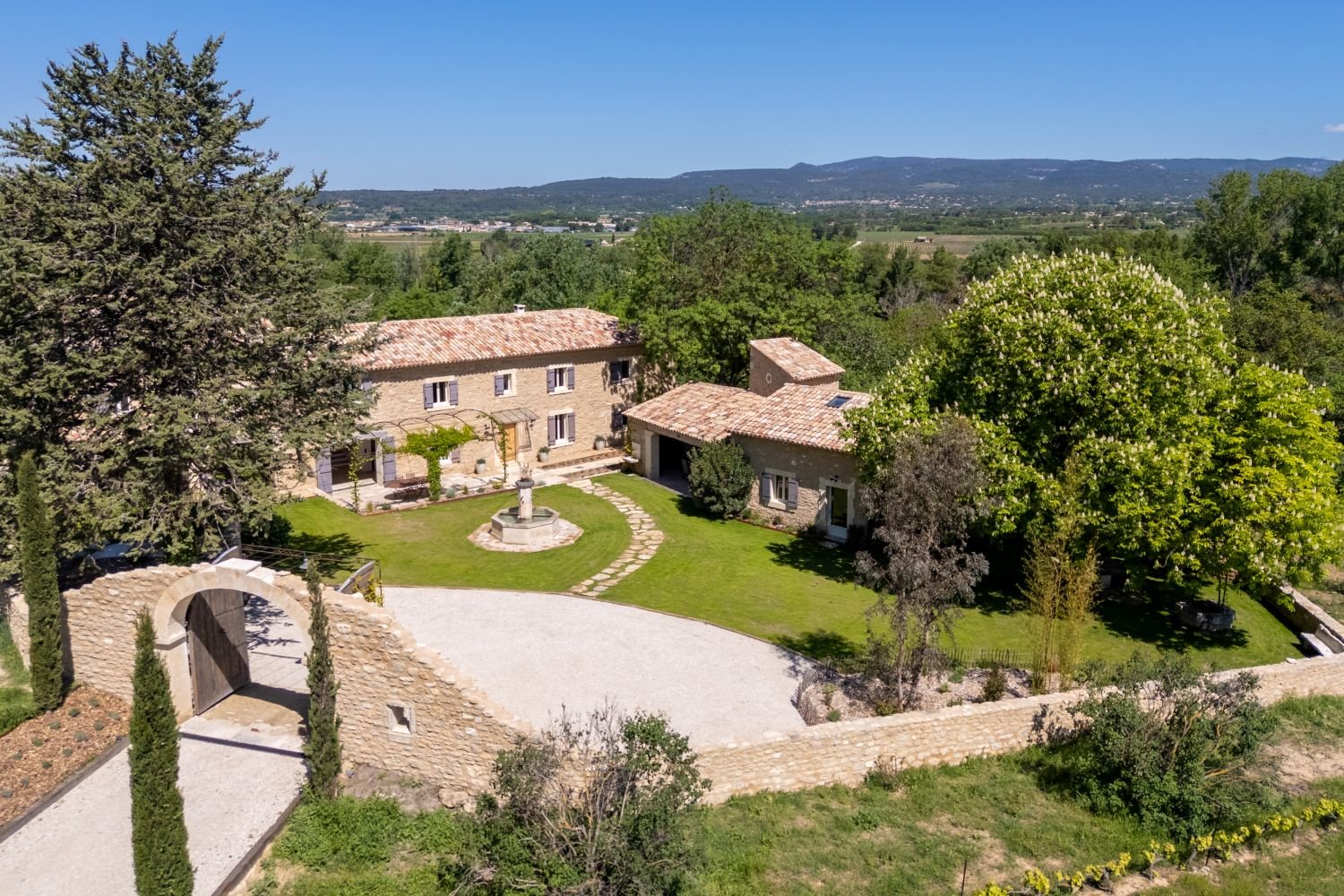
Buying a property abroad is a hugely exciting move but knowing where to begin can be daunting. Every successful purchase begins with a clear understanding of the lifestyle the property should provide. Is it a holiday home or a more permanent base. What lifestyle to you want when you are there and is rental income important when you are not there. How much renovation work are you prepared to do, how do local laws vary from country to country and what are the ongoing costs.
Location is key
Potential buyers of rural properties often know the European country they want to focus on - France, Italy, Portugal and Spain are the most popular – but they might be less sure which location within those countries will suit their lifestyle.
“It’s easy to get swayed by a beautiful property but it’s important to consider the geographical location of a potential home and ask if you would be happy there,” says Mark Harvey, Knight Frank’s Head of International Residential. “Along with the space, peace and privacy that rural properties provide, many buyers look for authenticity. They want to have the full immersive experience of local life but achieving that requires a vibrant community. A wonderful property at a good price might seem enticing but ask yourself, why is the value so good? Is it because the area has no shops and few facilities? Have many of the younger residents departed to find work in busier areas?”
What to consider when living rurally
The appeal of rural living is easy to understand. The beauty of Provencal vineyards and olive groves, the soft hills of Tuscany or the peaceful villages of the Algarve make an idyllic backdrop, but Harvey recommends buyers think carefully about how to manage day to day life.
“For many clients it makes sense to be within 45 minutes of ‘civilisation’, whether that’s the coast, a large town or a wider international community, and not much more than 90 minutes from an airport,” he says. “That gives you and your guests easy access, a benefit if you plan frequent short visits, and will make your property more appealing to a rental audience. Look at how close you are to golf courses, tennis courts or the sea. These might not be important for you but again, they will make your property more appealing if you chose to rent it. The same too for nearby restaurants and shops. If you have young children, will the area provide activities for them as they turn into teenagers. It’s important to be practical and take a longer-term view on ownership.”
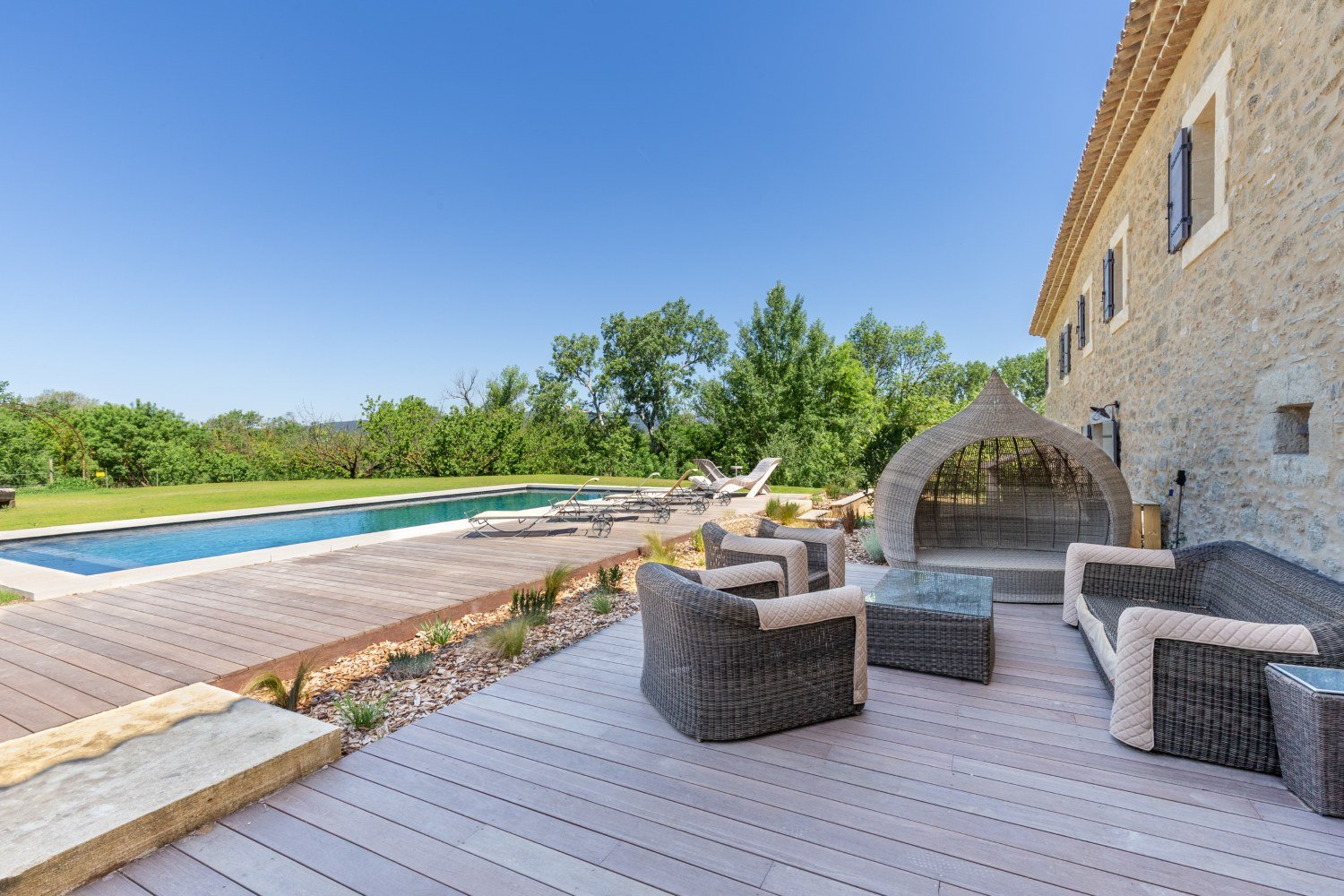
8 bedroom farmhouse for sale in Oppède, Vaucluse, Provence-Alpes-Côte d`Azur
What to ask when viewing a property
Being practical includes taking a hard look at the property itself. Examine the utilities and understand how the property operates. Does it have a septic tank, where’s the source of water – a key question in many parts of rural Europe with limited rainfall - and how good is the WIFI. Consider local geographical hazards, Italy’s earthquake zones for example, that might make house insurance prohibitively expensive. Be clear on how much work the property requires, along with approximate costs, and how easy it will be to find someone to manage routine maintenance, gardening for example, when you are not there.
Carefully consider the full amount of renovation work required and the costs involved. “Buying is often the easy part,” says Harvey. “Despite what you might see on endless television programmes covering restorations, bringing a traditional rural property up to modern standards can be onerous, especially in countryside locations where there might not be a plentiful supply of skilled workmen and where you can’t speak the language.”
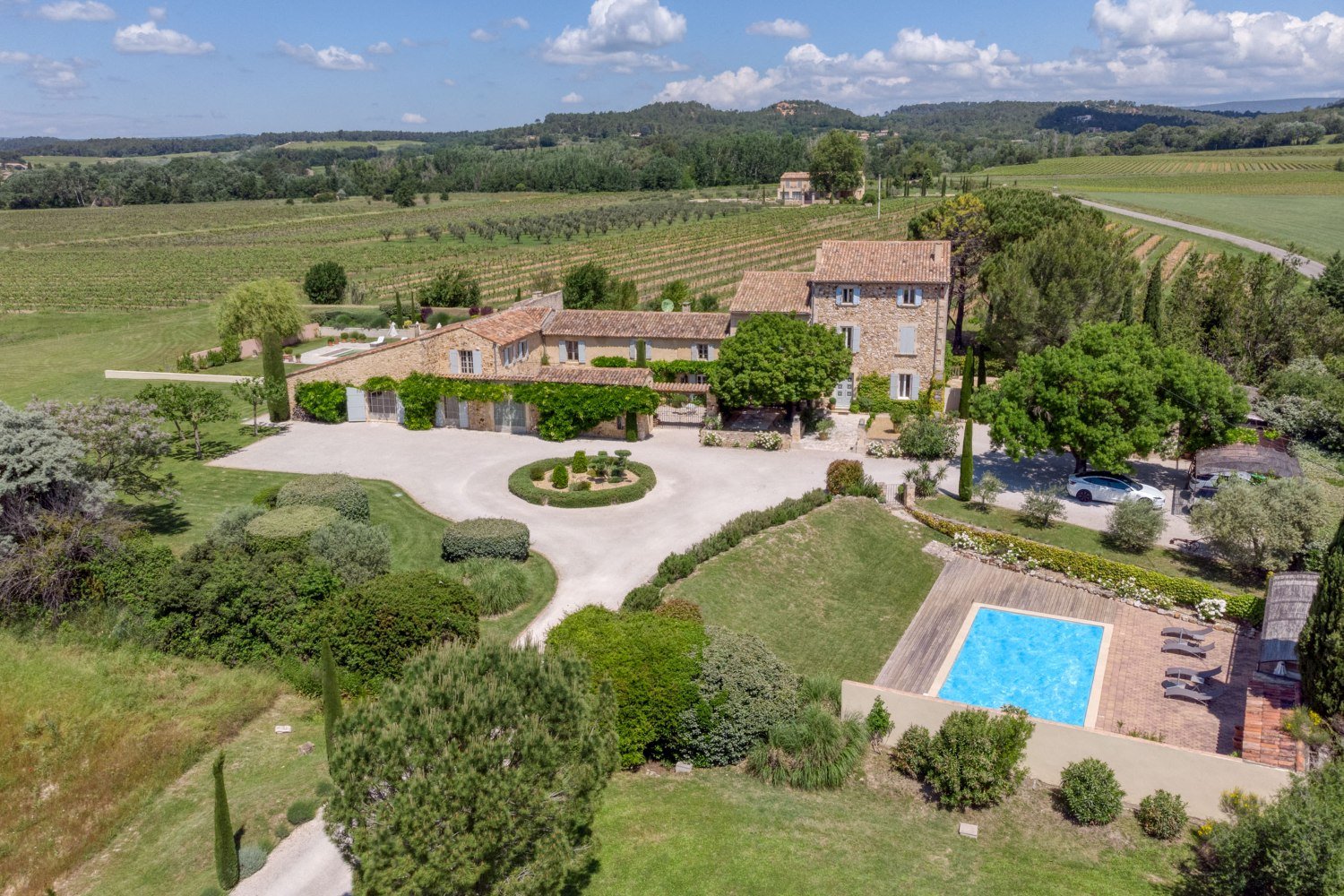
9 bedroom villa for sale in Bonnieux, Vaucluse, Provence
Purchasing an older property
Many old rural properties were specifically designed to preserve the heat in winter and keep cool in summer, built with thick walls and small windows that make interiors dark. Modern technology, underfloor heating and air conditioning, provides better climate control and the goal for most property owners today is to open up their property, enlarge windows and let the light in.
“There’s less of an appetite to take on major renovation projects today but still plenty of people like the challenge of creating something exceptional,” says Harvey. “I’ve seen impressive examples in Andalucía and in the hills above Italy’s narrow eastern Ligurian coastline, where a few superb homes by pioneering owners set a precedent and encourage others to consider buying in that area.”
Harvey points to a client in Porreres, a quiet village in central Mallorca, who bought two townhouses and skilfully united them into one home with a pool and garden.
“The renovation work has made it one of the most expensive homes in the village but what this client has created provides the best of both worlds,” he says. “You can walk out into the village, shop in the weekly market and join in with local life, yet you also have a home that is easy to lock and leave as you come and go. For some clients, this would be preferable to a rural finca.”
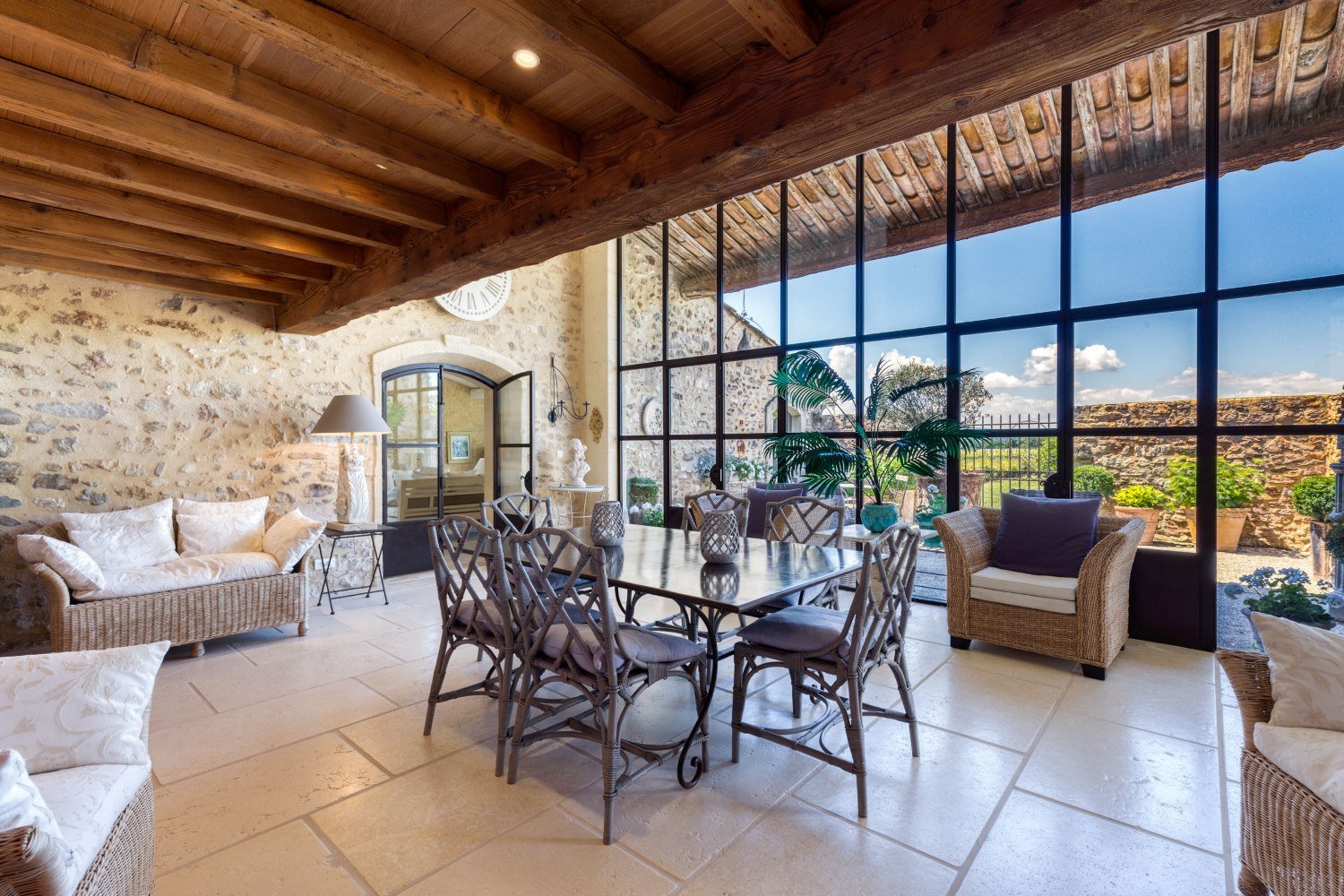
Do your due diligence
Investigate also the paperwork regarding ownership. Does it support what the current owner tells you, in terms of approved extensions and property boundaries. Rural estates that have not changed hands for several decades may have been inherited by several family members who must all individually agree to a sale. There can also be ancient rights of way or rules permitting local residents to use a well on your land for example. Even if these rights have not been taken up for some years, they still might be used in the future.
“There’s much to consider when buying abroad but those who take their time and get knowledgeable professional advice are rewarded with a home that will provide years of pleasure for them and their family and friends,” says Harvey. “It’s why the appetite for a home abroad remains so constant.”
Financing your property
Navigating Europe’s mortgage landscape can be complex, but working with a specialist broker can provide clarity and confidence throughout the process. Securing the right financing structure from the outset can not only optimise costs but also support long-term legacy planning, advises John Busby of Traverse International Finance. Buyers typically consider financing options from either local banks or international private lenders.
“As a rule of thumb, up to 70% financing is available from local banks across Europe,” Busby says. “Rates range from 3% to 4% fixed over 20 years, which compares very favourably with those available in the UK and US.” You can discover more about the nuances between European countries here. When deciding between direct ownership or purchasing through a Special Purpose Vehicle (SPV), Traverse works with local specialist partners that can tailor the approach to your individual needs.
Have any questions about where to start your search? Contact our expert International team.
